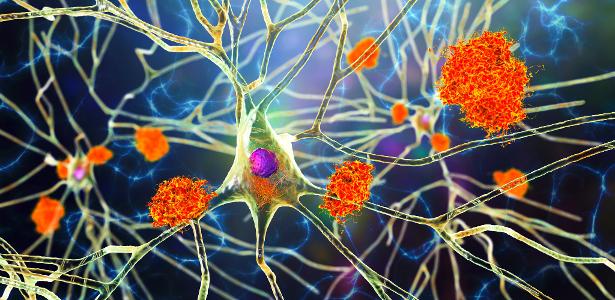This is how Flavia and her colleagues, with support from the Ministry of Health and FAPERJ (Carlos Chagas Filho de Amparo Foundation à Pesquisa do Estado do Rio de Janeiro), began to test this molecule in Alzheimer's disease. To everyone's surprise, it had a direct effect on astrocytes, the star-like cells that support and even help nourish the famous neurons.
“As we age, astrocytes also stop working. This, in fact, contributes to the signs of aging in people,” says the neuroscientist. “However, in Alzheimer’s disease, these cells are more vulnerable, which significantly worsens the symptoms of the disease.”
LASSBio-1911, in this case, not only appears to prevent Alzheimer's from causing too much damage to astrocytes, delaying the progression of the disease, but it also appears to be able to reverse some of the damage.
Again: for now, this has been observed in animals, which is what is currently being researched. This does not negate the merit of the Brazilian molecule because it represents enormous hope: in the end, the animals, which were induced in the laboratory to develop Alzheimer's, performed well again in memory tests. Yes, it was as if LASSBio-1911 had reversed the evil installed in their heads.

“Wannabe internet buff. Future teen idol. Hardcore zombie guru. Gamer. Avid creator. Entrepreneur. Bacon ninja.”

